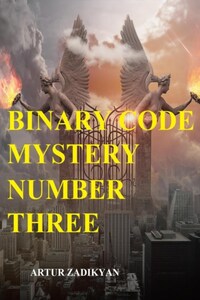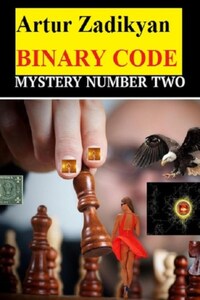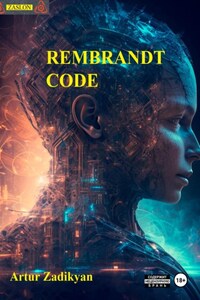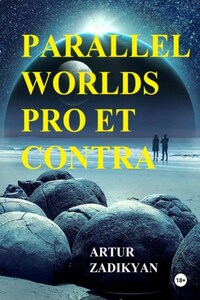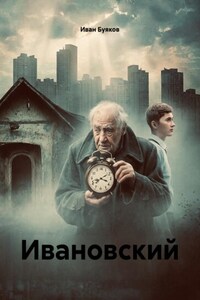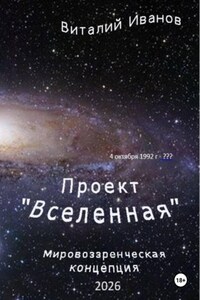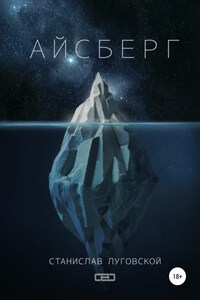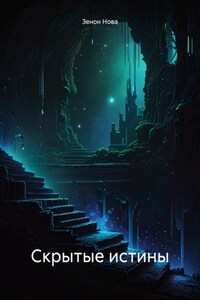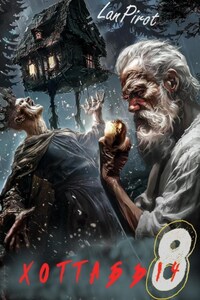The human hearing organs can distinguish between 16,000 and 20,000 hertz. Below that threshold is infrasound. Above that, ultrasound. For example, at a frequency of 7 to 13 hertz – a natural wave of fear emitted by typhoons, earthquakes, volcanic eruptions – sounds that encourage all living things to leave the centers of natural disasters. Now, think about it: people didn't know this once, but they were influenced. That is, something influenced them, made them act, made them afraid, but the reason was unknown to them and, accordingly, was attributed to the will of some mysterious powerful forces. So the message from the past, which has reached us in the form of a word, including the one that was "in the beginning", influences our consciousness, prompting it to make this or that decision, often with unknown consequences. Believing in the Creator, we hope for good in the content of this message, but in the message itself there is a prediction of tragedy expressed in a mythical phenomenon called "the end of the world". And supposedly this phenomenon should happen as a result of the actions of people. Only it is unknown whether there is a method to avoid this phenomenon or it should happen naturally, because the one who should allow this phenomenon to happen was created by the Creator Himself. Perhaps it is some method of transforming the object of creation, that is us. Even if you hold to a strictly empirical worldview, you must agree: without natural cataclysms, i.e. changes in nature, man would not have come into existence. If you adhere to a religious worldview, you will consider even such a remote in time event as the Cambrian explosion ,1 as an act of God, and if you adhere to a scientific worldview – as a natural natural process.
Now imagine a situation, when an unpleasant event should happen to you (or remember when it happened), and possibly a tragic one, which you, naturally, would like to avoid. Simulate the possibility of going back in time and, knowing the consequences, take measures to prevent this event, i.e. behave correctly. In ordinary life we cannot go back, but we try not to repeat similar mistakes, knowing the consequences. Both the instinct of self-preservation and intelligent decision-making are based on this. It gives experience, unless, of course, the event ended your life or the life of all mankind.

